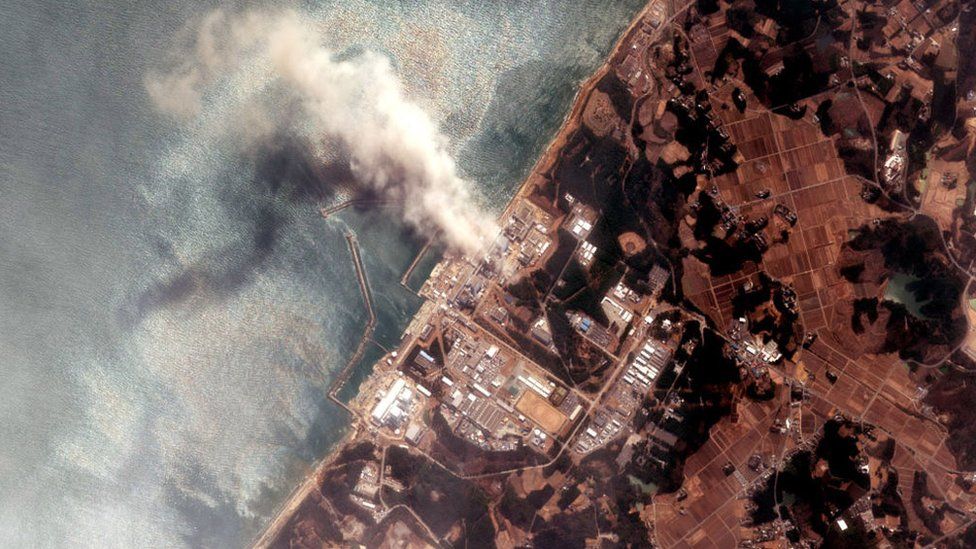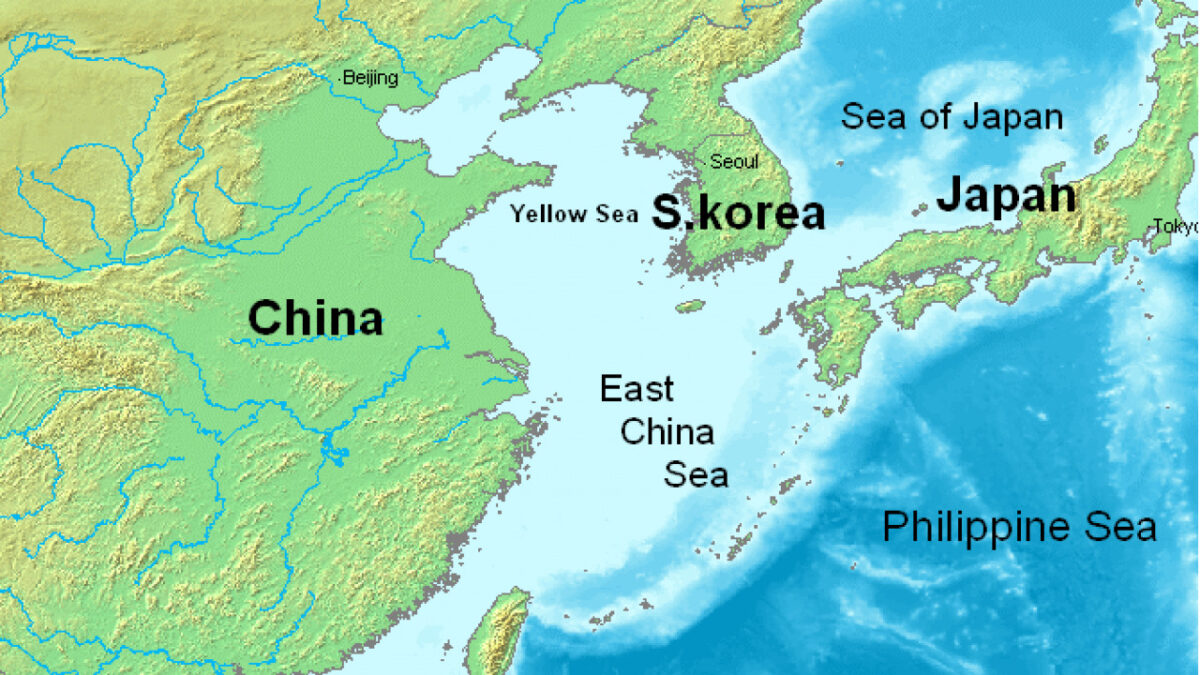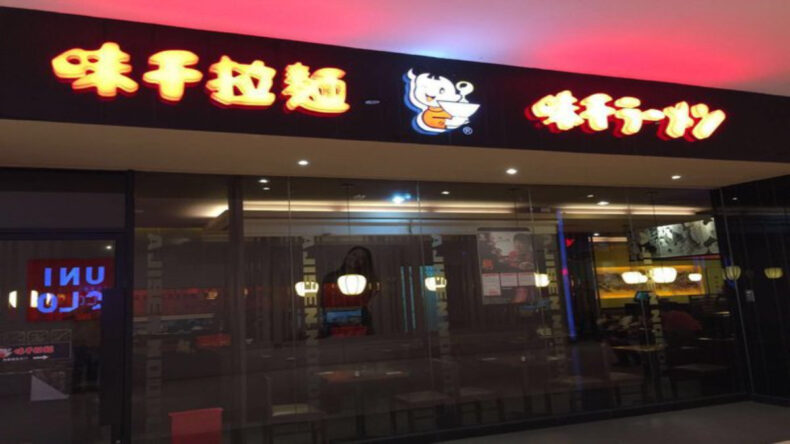
IAEA Board
Table of Contents
A few weeks back, Japan got clearance from the UN’s nuclear watchdog to release its treated radioactive water from the Fukushima plant it had stored after the 2011 Tsunami, which struck Japan. The Earthquake measured 9.0 on Richter which was the most devastating in the history of Japan.
The International Atomic Energy Agency (IAEA) was happy with the country’s commitment towards the global environment and safety. IAEA chief Grossi told the press that Japan has maintained the process and has treated water equivalent to 500 Olympic size pools and cooled the fuel rods efficiently.
Although the country is still pending approval from Tokyo Electric Power, this has adversely affected the shipping and the food industry since most of the countries banned some Japanese food products after 2011.
Various fishing unions have sighted dismay on this since the reputation of the work has downgraded, neighbouring countries like China and South Korea have also expressed their concerns over the matter.

image source:- BBC, Japan’s Fukushima
CHINA’s AND S.KOREA’s PLIGHT
Although Japan claims that it has filtered out the most radioactive element Tritium, which is difficult to segregate, and says that the required water will be further diluted in order and then released into the Pacific.
Restaurants in China are facing shortage of customers and suppliers, China is the biggest importer of Japan’s sea food which accounts for 87.1 billion yen, it had previously banned most of the products, Now it’s importing 10 items out of 47. Latest Import restrictions were imposed after the UN watchdog gave Japan approval to release water.
China previously said that the latter claim on the tritium level is rather confusing and misleading, Seafood traders are facing a crucial problem since at Chinese ports wait time has been increased from three to seven days to around three weeks. The products are rather diverted to other countries in order to bear the economic loss.
Japanese have appealed to Hong Kong, the second largest importer of seafood, to lift the ban and rather flourish the market.

South Korea saw a steep rise in their salt which was 27%, due to the dump of more than 1 million tonnes of treated water. Government released 50 metric tonnes of salt at 20 per cent low in order so that its people can buy it. There was also a case where an old man went to buy salt at the supermarket and it returned back empty handed.
WHAT’s NEXT FOR JAPAN?
Japan says its Advancing Liquid Processing System(ALPS) has the ability to eradicate the radionuclides and at present has to do as well, Environmental group Greenpeace has expressed concerns saying it harms human rights and breaches the International Maritime Law.
It is said that the Japanese officials have bribed the concerned authorities’ dignitaries and instead of processing opted for let go manners, since after multiple dilution also the water might contain the harmful elements.
Jim Smith, a professor at the University of Portsmouth has different claims while talking to South China Morning Post; he says that Tritium is rather effectively harmless to humans, yes! He agreed that it is nearly impossible to eradicate the tritium completely since it requires various other complexions and rather will pollute the environment. He pointed out that the careful release by Japan in terms of tritium is much lower than the water released by European giants.
According to various experts, Tokyo Electric Power Company(Tepco) is running out of other ideas to deal with the crisis and just evaporating cannot be an option since it will take a long time and will still result in Tritium release.












